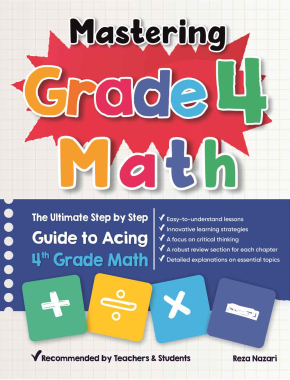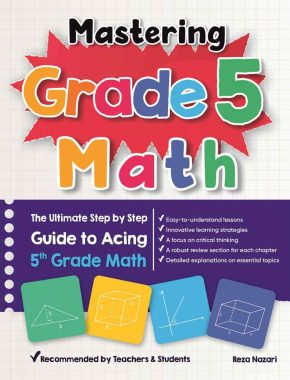How to Estimate Quotients Using Compatible Numbers for One-digit Divisors
Estimating quotients using compatible numbers can make mental math easier, especially when dealing with larger numbers. Compatible numbers are numbers that are easy to compute mentally.
[include_netrun_products_block from-products="product/6-south-carolina-sc-ready-grade-3-math-practice-tests/" product-list-class="bundle-products float-left" product-item-class="float-left" product-item-image-container-class="p-0 float-left" product-item-image-container-size="col-2" product-item-image-container-custom-style="" product-item-container-size="" product-item-add-to-cart-class="btn-accent btn-purchase-ajax" product-item-button-custom-url="{url}/?ajax-add-to-cart={id}" product-item-button-custom-url-if-not-salable="{productUrl} product-item-container-class="" product-item-element-order="image,title,purchase,price" product-item-title-size="" product-item-title-wrapper-size="col-10" product-item-title-tag="h3" product-item-title-class="mt-0" product-item-title-wrapper-class="float-left pr-0" product-item-price-size="" product-item-purchase-size="" product-item-purchase-wrapper-size="" product-item-price-wrapper-class="pr-0 float-left" product-item-price-wrapper-size="col-10" product-item-read-more-text="" product-item-add-to-cart-text="" product-item-add-to-cart-custom-attribute="title='Purchase this book with single click'" product-item-thumbnail-size="290-380" show-details="false" show-excerpt="false" paginate="false" lazy-load="true"]

A Step-by-step Guide to Estimating Quotients Using Compatible Numbers for One-digit Divisors
Let’s consider an example where we need to estimate the quotient of 526 divided by 3. Here are the steps:
Step 1: Identify Compatible Numbers
Find a number close to 526 that is easily divisible by 3. In this case, 525 is a good choice because it’s very close to 526 and it’s divisible by 3.
The Absolute Best Book for 4th Grade Students
Step 2: Perform the Division with Compatible Numbers
Divide the compatible number by the divisor:
\(525÷3=175\)
Step 3: Use the Result as an Estimate
The result of this division (175) can serve as an estimate for the original problem, \(526÷3\).
The actual answer of \(526÷3\) is about 175.33. So, the estimation using compatible numbers gives us a close approximation to the actual answer, and it’s much easier to compute mentally.
Remember, the purpose of estimating compatible numbers is to make mental calculations simpler, not to find the exact answer.
The Best Math Books for Elementary Students
Related to This Article
More math articles
- How to Graph Inverse Functions
- How to Use Models to Multiply Two Fractions?
- 10 Most Common 6th Grade OST Math Questions
- How to Classify Numbers?
- 4th Grade MCA Math Worksheets: FREE & Printable
- Six Best Ways to Help Improve Your Math Scores
- How to Understand the Fundamental Properties of Parallelograms
- Best Online Math Tutoring Equipment
- What is the Highest ASVAB Score?
- How to Solve Word Problems Involving the One-Step Equation
















What people say about "How to Estimate Quotients Using Compatible Numbers for One-digit Divisors - Effortless Math: We Help Students Learn to LOVE Mathematics"?
No one replied yet.